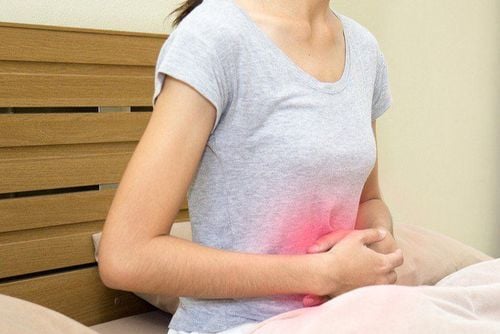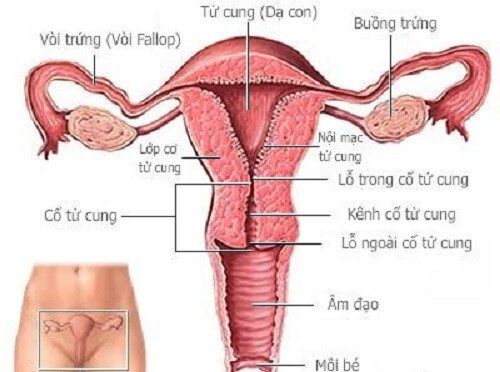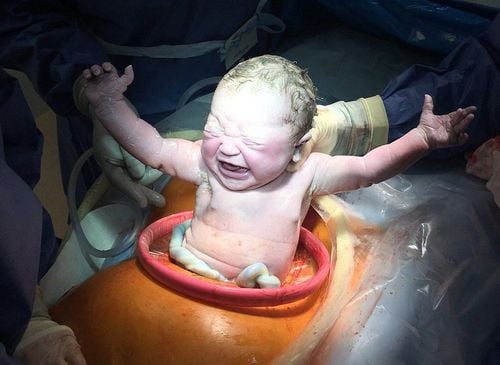The article is professionally consulted by Dr. Truong Nghia Binh - Grade I Specialist - Specialist in Obstetrics - Department of Obstetrics and Gynecology - Vinmec Da Nang International General Hospital.
The occurrence of hip pain in postpartum women is a common phenomenon during pregnancy and for some time after childbirth. However, the characteristics of the delivery (difficult or normal birth), the presence of traumas (such as uterine rupture, vaginal tear, or perineal tear), the size of the newborn, and the recovery status of the mother all influence the experience of pain.
1. Causes of hip pain in postpartum women
1.1 Hip pain after childbirth due to the effects of pregnancy
The pelvic structure of women undergoes certain changes during pregnancy. Under the influence of pregnancy hormones, the pelvis gradually expands to prepare for the delivery, requiring time to return to its original form. Specifically, from the 30th week of gestation, the pelvic bones can significantly stretch as the fetal size increases rapidly and the delivery date approaches.
Childbirth can lead to a deficiency in vitamin B12, which hinders peripheral nerve function and causes numbness and joint pain. Moreover, maternal deficiencies in calcium and vitamin D can contribute to discomfort and reduce bone density.
Inadequate rest can also be a contributing factor. Mothers engaging in frequent heavy activities may be more susceptible to hip pain. Conversely, insufficient physical activity can also lead to joint stiffness and pain.
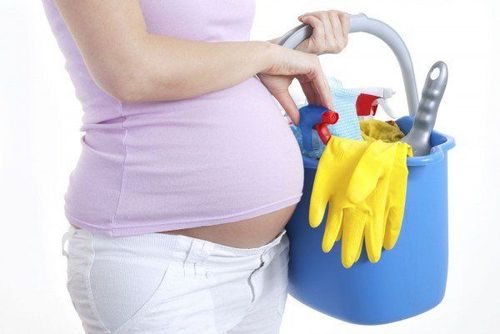
1.2 Hip pain after childbirth due to the delivery process
During childbirth, the uterus undergoes powerful contractions while the pelvic bones must expand to allow for the safe passage of the baby. Consequently, the size of the newborn is a significant influencing factor. If the baby is large, excessive uterine and pelvic stretching may occur, resulting in prolonged recovery time and persistent discomfort in the hip region, along with mobility difficulties.
1.3 Increased hip pain due to perineal tearing
As the hip joint tightens postpartum, the perineum also contracts. This process, while beneficial for wound healing, can significantly increase pain levels for the new mother. Most cases result in considerable difficulties for mothers in carrying out movement, walking, and personal hygiene due to hip pain.
2. How to alleviate hip pain?
Pain management: To promote adequate blood circulation, it is crucial not to bandage the affected areas during pain episodes, as this can exacerbate discomfort and increase the risk of musculoskeletal conditions. Additionally, applying heat can enhance blood flow, thus alleviating pain.
Nutritional regimen: Mothers should avoid extreme dieting to lose weight after childbirth. To facilitate faster recovery of the hip joints, it is advisable to incorporate foods rich in vitamins D, B, and calcium into daily meals. If dietary calcium is insufficient, supplementation may be necessary. Moreover, sunlight exposure in the morning is beneficial for vitamin D absorption, enhancing bone health.
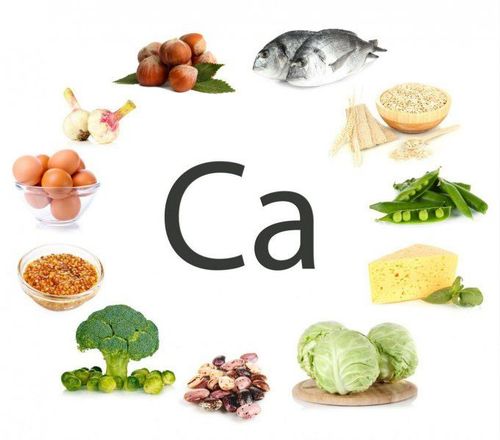
Rest regimen: Even if pain episodes are infrequent, adequate rest remains essential. Relaxation will help improve blood circulation to the pelvic area, reducing symptoms of numbness. Notably, when experiencing significant pain, mothers should take breaks from heavy tasks or prolonged activities.
With advanced, modern painless delivery techniques and a skilled anesthesia and resuscitation team, postpartum women can expect a distinct experience of pain-free delivery at Vinmec. For mothers delivering vaginally, ultrasound-guided nerve blocks (perineal nerve block) will be administered. For those undergoing cesarean sections, ultrasound-guided nerve blocks will be utilized for post-operative pain management. Recent evaluations of pain relief efficacy indicate that all mothers undergoing cesarean sections did not require morphine, with negligible reports of pain post-delivery during movement and daily activities.
To arrange an appointment, please call HOTLINE or make your reservation directly HERE. You may also download the MyVinmec app to schedule appointments faster and manage your reservations more conveniently.



